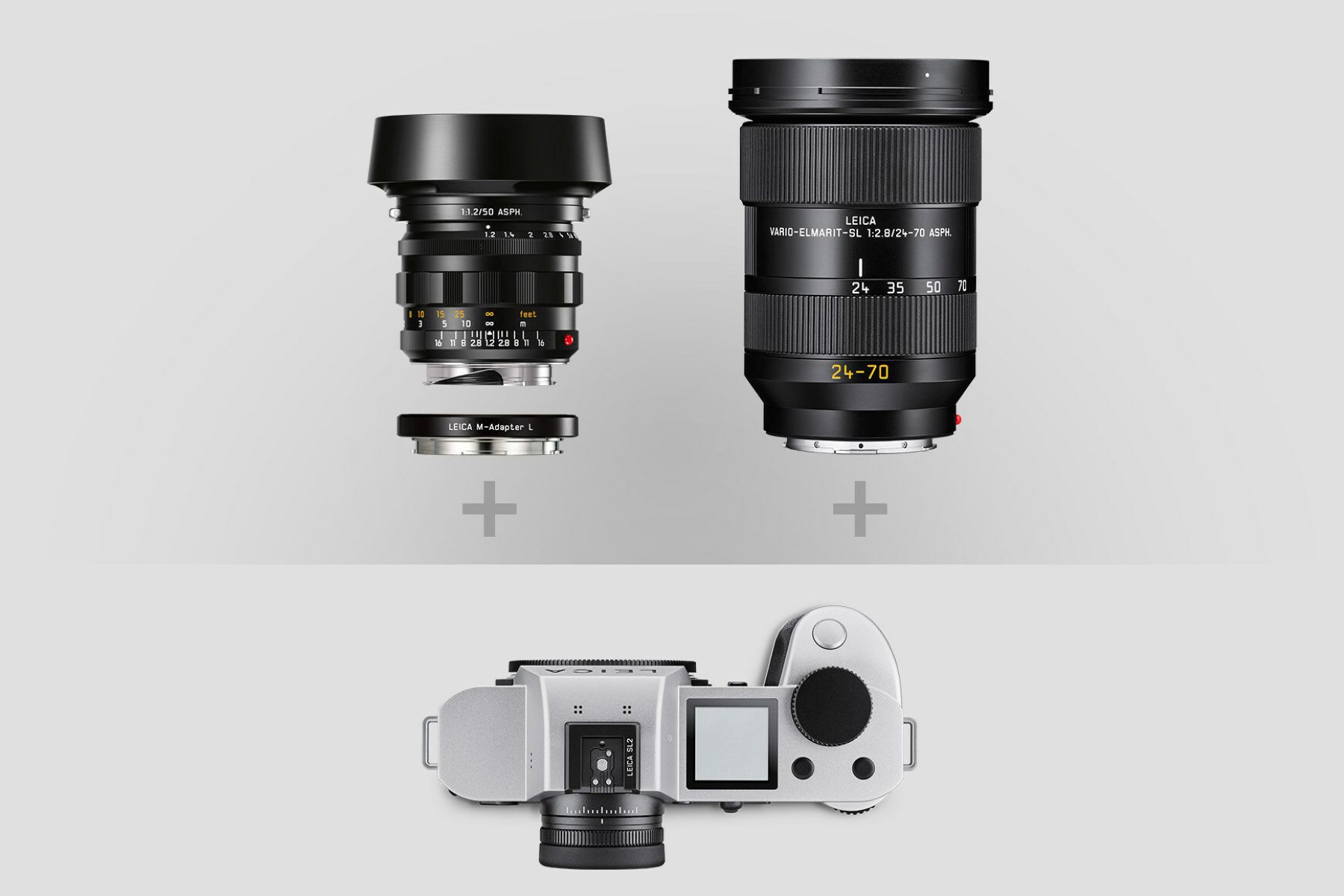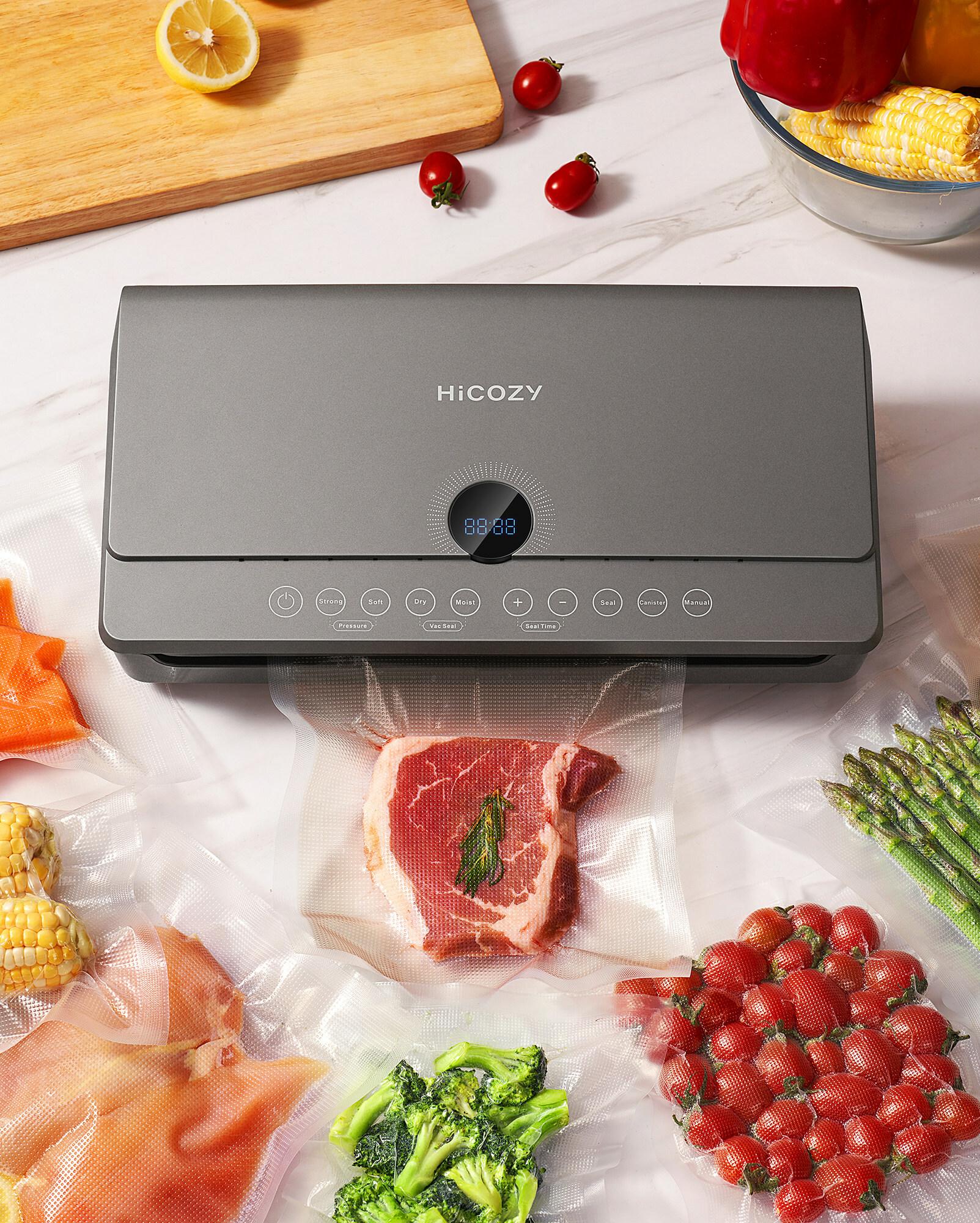The Importance of Cyber Security in Healthcare

Security of information is an increasingly important concern. Data is collected on millions of people and stored daily. Some of that information is about spending habits and is only important to retailers and anyone trying to sell them something. Other information, though, is highly sensitive, very personal, and in the wrong hands can make life miserable for the victim of identity theft. Any time we visit the doctor, dentist, or clinic, personal information is collected and stored. The importance of cyber security in healthcare is great, and the industry is taking steps to protect personal information.
Health Insurance Portability and Accountability Act of 1996
The Health Insurance Portability and Accountability Act of 1996 (HIPAA) mandated that the US Department of Health must develop regulations protecting the privacy and security of certain health information. They came up with the HIPAA Privacy and HIPAA Security Rules, which states that it is the job of the healthcare institution and insurance companies to protect patient information and keep it private. Prior to the HIPAA, there was no generally accepted set of security standards for protecting health information in the healthcare industry.
Cyber Security Measures
The healthcare industry is increasingly going paperless, like much of the business world, another factor in the importance of cyber security in healthcare. Healthcare is going paperless because it helps increase the security of the information and makes it easier to share among doctors and hospitals. It’s easier to protect digital information and to store it. A sheet of paper is easily folded up and put in a pocket by anyone. That’s not to say that digital information is 100 percent protected against cyber crooks. Anything with an internet connection, like an ultrasound machine, doctor’s laptop, or smart glucose monitor, is vulnerable. The internet of things (IoT) has infiltrated the healthcare industry just like everything else, and sensitive information is now more accessible to cyber criminals.
Each individual entity is responsible for keeping their data safe. The methods are similar for both private citizens and companies. Strong passwords and frequently changing them is the first line of defense along with updating software. Hospitals have the option of having an in-house server and keeping the system closed as opposed to using cloud-based applications. The in-house server is maintained and protected by an IT staff that the hospital employs. They can respond to security breaches quickly. Cloud-based data storage leaves the security up to that team and IT group. Strong security measures like firewalls, data encryption, and VPNs can boost the protection and set up a strong defense against attacks.





